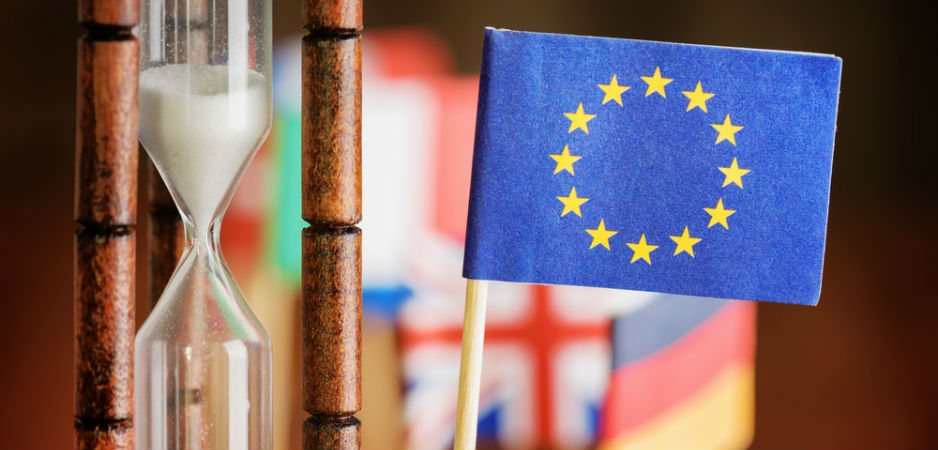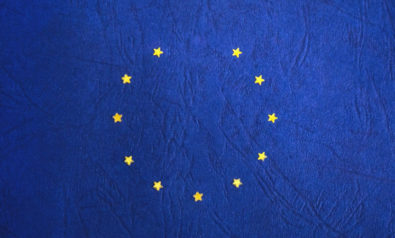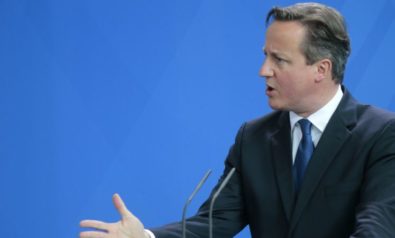British voters should consider how they can make the European Union better, says former Prime Minister John Bruton.
The fact that British voters are free to hold a referendum, and free to decide to leave the
European Union (EU), shows that the EU is a voluntary union. It is not an empire that a country is not free to leave. Nor is it a federal union like the United States, which does not permit its member states to leave either.
The EU’s voluntary character is one of the reasons why a number of states are still looking to join the union.
FIRST TIME IN 60 YEARS
On June 23, it will be the first time in the EU’s 60-year history that any state has contemplated leaving. This is a serious matter not only for the United Kingdom, but for all EU member states.
So, British voters, acting as citizen legislators, ought to think of the risks that a decision to leave might create for neighboring countries in the Europe.
They should also consider the risk that a Brexit could weaken the bonds that hold the remaining 27 countries together. Parliament has passed to British voters the responsibility for deciding if a possible breakup of the EU would really be good for the UK and for Europe. It’s a big responsibility.
Stability in Europe has been a long-term British goal. In the 1790s, Edmund Burke favored a Commonwealth of Europe. Castlereagh worked for a Concert of Europe, with regular summit meetings like the EU now has, after the end of the Napoleonic Wars. Winston Churchill, in 1930, advocated for a United States of Europe.
These statesmen did not push for these ideas out of some sort of dewy-eyed sentimentalism. No, they had a hard-headed appreciation of the fact that stability on the continent meant greater security for Britain, and they made their suggestions to achieve that end.
Now it is British voters, not British statesmen, who must decide what is best for Europe: a union with the UK on the inside, or a fractured union that Britain has left on its own freewill.
BREXIT COULD DOUBLE THE REGULATORY BURDEN
We hear much about EU regulations and the burdens they impose. But even if the UK leaves the EU, it would still have regulations of its own on things like the environment, financial services and product safety. Indeed to the extent that a Britain outside the EU wanting to sell goods or services to Europe would have to comply with two sets of regulations: British regulations for the UK market and EU regulations for the EU market.
Arguably, the duplicated post-Brexit regulatory burden on British business would be greater than the present one.
Some also believe that the UK could leave the EU and then quickly negotiate a free trade agreement, which would allow British firms to continue selling in EU member states.
An agreement of some kind could eventually be worked out, but it would not be quick. Switzerland negotiated trade agreements with the EU, but that took 9 years. Canada negotiated a free trade agreement too, but that took 7 years.
The British agreement would be much more complicated than either of these because it would involve new issues like financial services, freedom of movement and access to health services—for Brits living in Spain, for example. It would also have to cover agriculture.
Even with maximum goodwill from the European Commission, a post-Brexit EU trade agreement with Britain would become prey to the domestic politics of the remaining 27 EU countries, each of whom would have their own axes to grind.
There would be a lot of uncertainty over a long period of time.
The British people should accept that entities like the European Union, which provide a structure within which the forces of globalization can be governed politically, are essential if the prosperity that flows from globalization is to be shared fairly.
Rather than leave, British voters should consider how they can make the EU better than it is, and there is plenty of scope for that.
The views expressed in this article are the author’s own and do not necessarily reflect Fair Observer’s editorial policy.
Photo Credit: Koya979 / Shutterstock.com
 We bring you perspectives from around the world. Help us to inform and educate. Your donation is tax-deductible. Join over 400 people to become a donor or you could choose to be a sponsor.
We bring you perspectives from around the world. Help us to inform and educate. Your donation is tax-deductible. Join over 400 people to become a donor or you could choose to be a sponsor.
Support Fair Observer
We rely on your support for our independence, diversity and quality.
For more than 10 years, Fair Observer has been free, fair and independent. No billionaire owns us, no advertisers control us. We are a reader-supported nonprofit. Unlike many other publications, we keep our content free for readers regardless of where they live or whether they can afford to pay. We have no paywalls and no ads.
In the post-truth era of fake news, echo chambers and filter bubbles, we publish a plurality of perspectives from around the world. Anyone can publish with us, but everyone goes through a rigorous editorial process. So, you get fact-checked, well-reasoned content instead of noise.
We publish 2,500+ voices from 90+ countries. We also conduct education and training programs
on subjects ranging from digital media and journalism to writing and critical thinking. This
doesn’t come cheap. Servers, editors, trainers and web developers cost
money.
Please consider supporting us on a regular basis as a recurring donor or a
sustaining member.
Will you support FO’s journalism?
We rely on your support for our independence, diversity and quality.

































